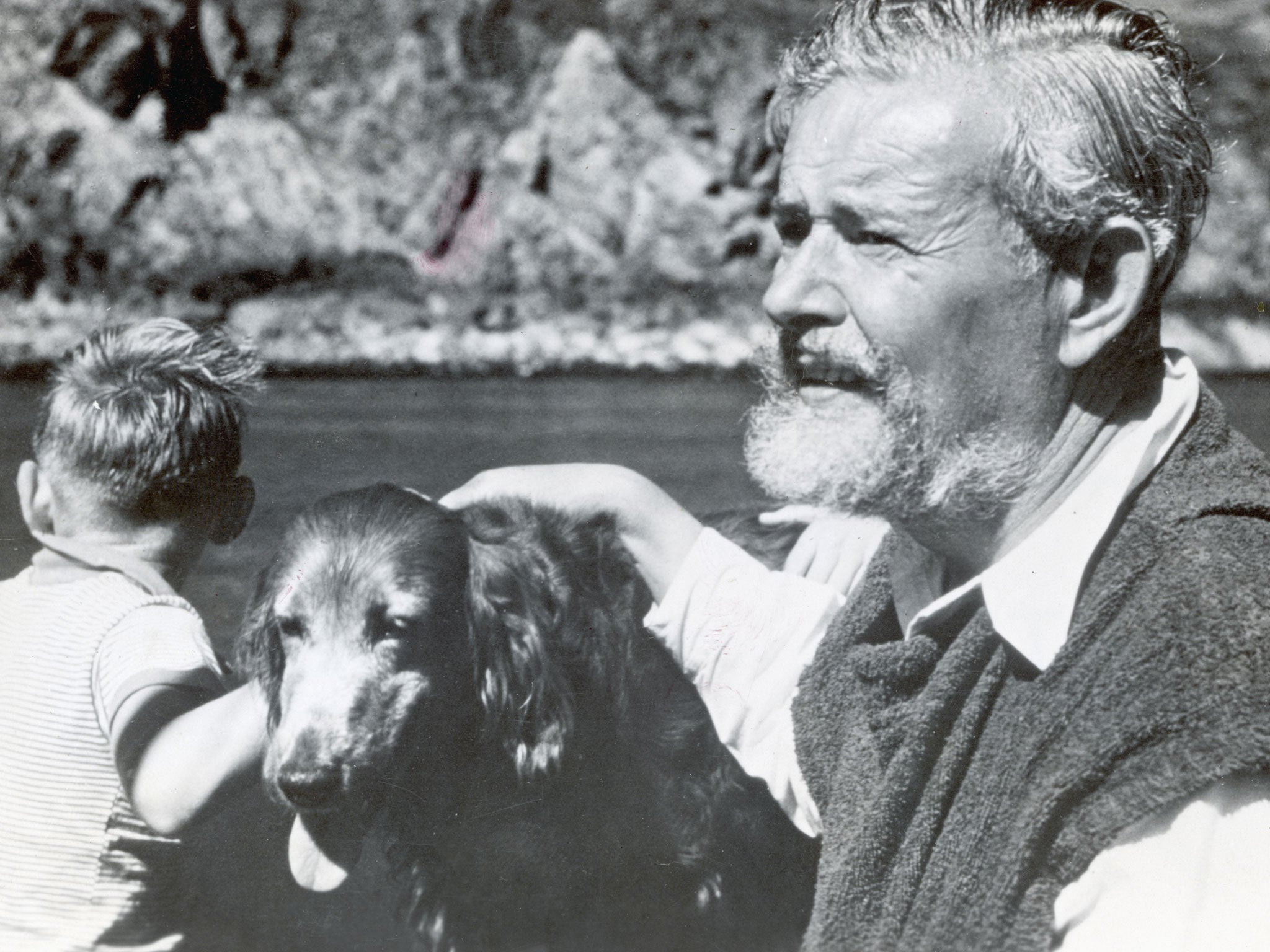The Once and Future King by T.H. White, book of a lifetime: The beauty and sadness of life
White's book delivered Robert Irwin from what felt like prison

Your support helps us to tell the story
From reproductive rights to climate change to Big Tech, The Independent is on the ground when the story is developing. Whether it's investigating the financials of Elon Musk's pro-Trump PAC or producing our latest documentary, 'The A Word', which shines a light on the American women fighting for reproductive rights, we know how important it is to parse out the facts from the messaging.
At such a critical moment in US history, we need reporters on the ground. Your donation allows us to keep sending journalists to speak to both sides of the story.
The Independent is trusted by Americans across the entire political spectrum. And unlike many other quality news outlets, we choose not to lock Americans out of our reporting and analysis with paywalls. We believe quality journalism should be available to everyone, paid for by those who can afford it.
Your support makes all the difference.It ought to have been Proust and it almost is, but, if I am honest, The Once and Future King has had a much greater impact on my life. Soon after the book came out, my mother borrowed it from Guildford Public Library and posted it to me at my boarding school. I devoured it in every spare hour and during those hours it delivered me from what felt like prison. I have returned to the novel many times.
Appropriately enough, the first part, which was originally published independently as The Sword in the Stone and aimed at children, deals with the education of a boy and it opens with this sentence: "On Mondays, Wednesdays and Fridays it was Court Hand and Summulae Logicales, while the rest of the week it was Organon, Repetition and Astrology". While I have never had much time for Summulae Logicales, I love White's evocation of chivalry, heraldry, jousting, falconry and the brilliantly reconfigured world of Thomas Malory's Morte d'Arthur—the Middle Ages as they never were but ought to have been. This book, more than anything else, led me to become a lecturer in medieval history, though only for five years, as Capetian fiscal policy turned out to have little of the magic of White's Gramarye.
Though Sir Ector wants to train Wart up as a useful squire, Merlyn is set on educating the boy (whose true name is Arthur) in preparation for kingship and to that end uses magic to turn the boy into a series of animals and birds. But the preoccupations of the Once and Future King age as Arthur ages and the mood darkens in the three parts that follow, which deal with warfare, pacifism, adultery and mystical aspiration. White catches, as few writers can, the beauty and sadness of life and his work can be read as a lament for the irrevocability of childhood.
In her recent bestseller H is for Hawk, Helen Macdonald notes that "White is not a fashionable writer", but she also describes The Once and Future King as "that great historical epic, that comic, tragic, romantic retelling of Arthurian legend that tussles with questions of war and aggression, and might, and right, and the matter of what a nation is or might be". So it is, and more than half a century on it has led me to complete my own novel about medieval England.
Robert Irwin's new, edited book is 'Tales of the Marvellous and News of the Strange'. He appeared at the Bradford Literature Festival
Join our commenting forum
Join thought-provoking conversations, follow other Independent readers and see their replies
Comments